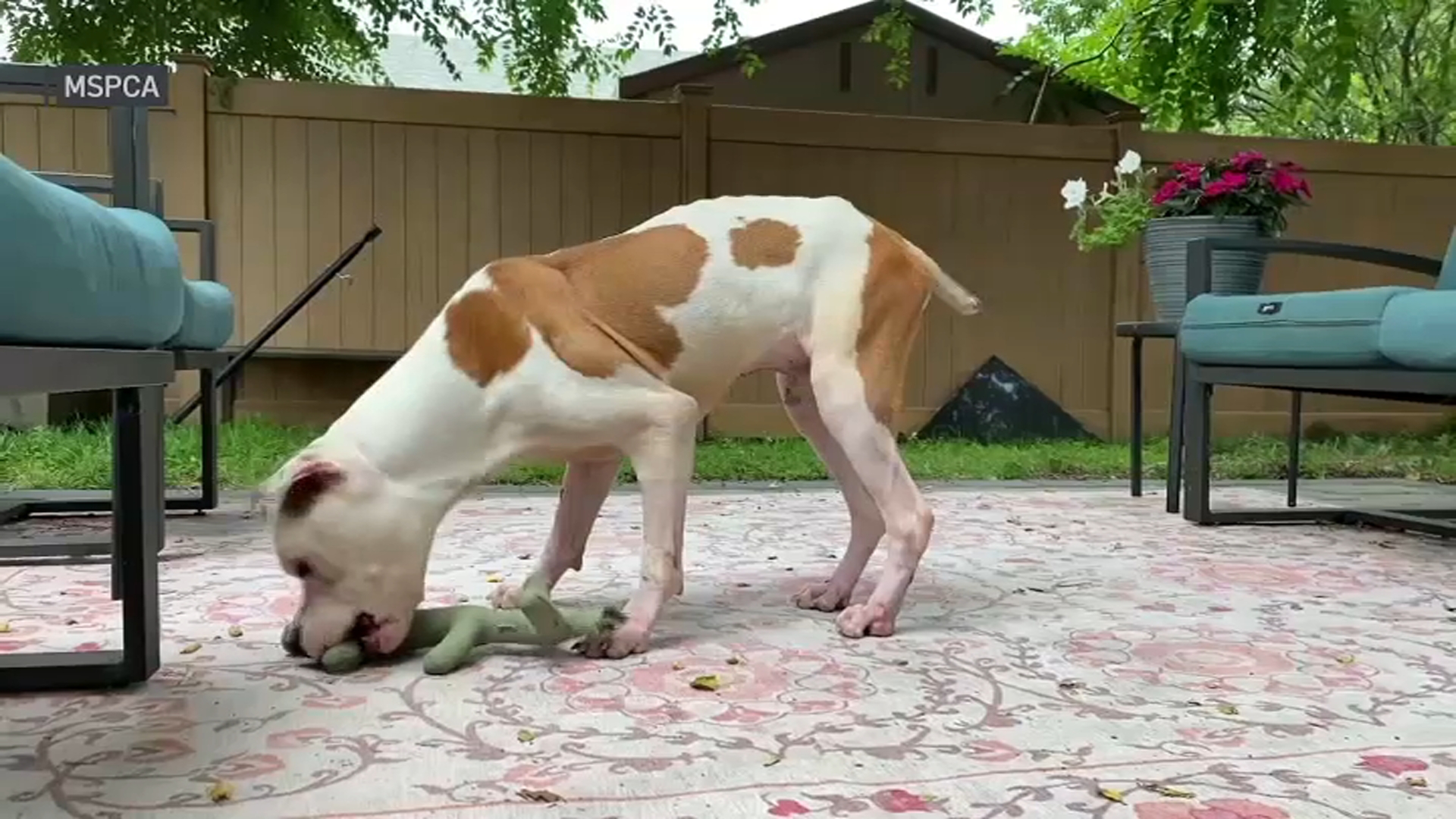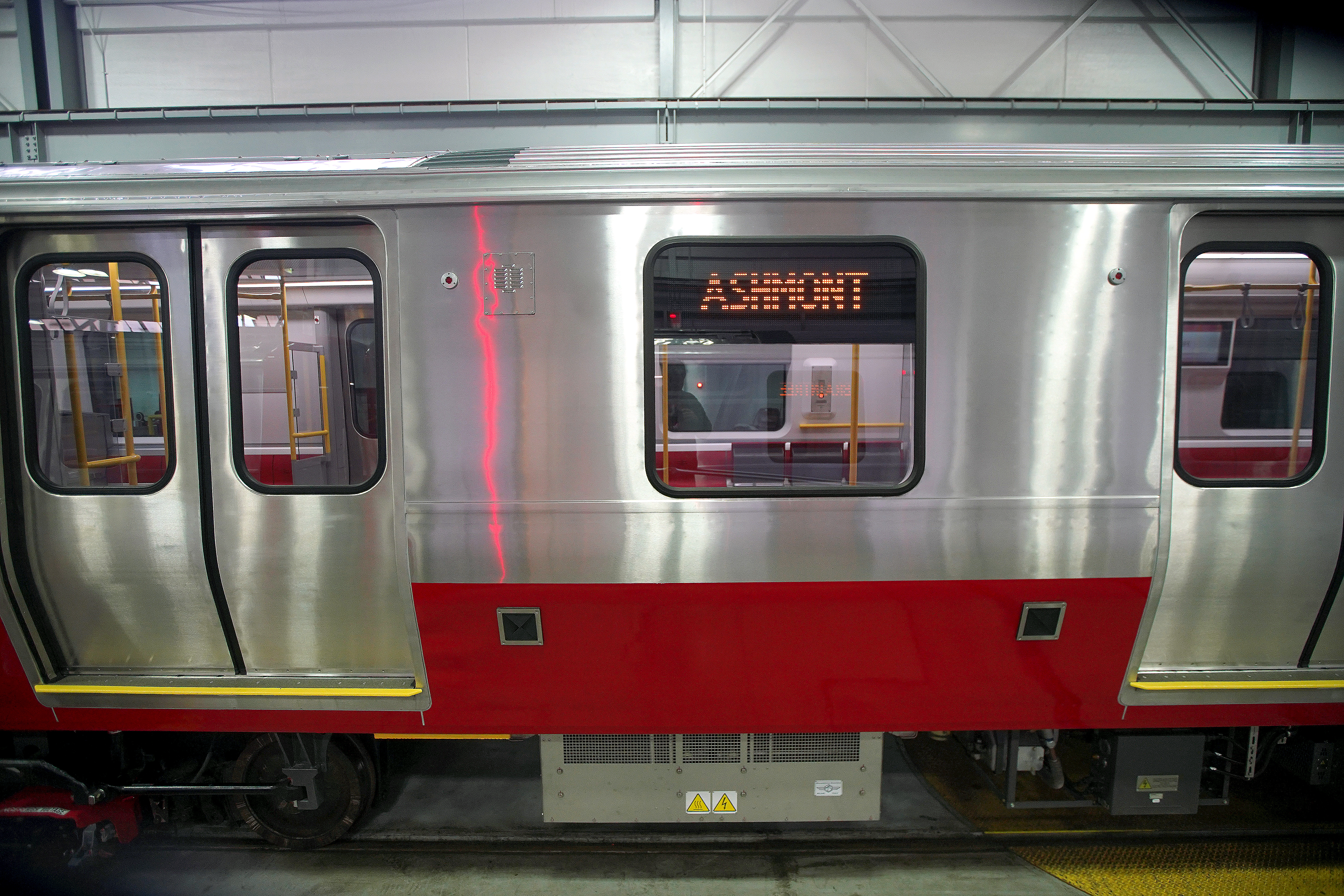With plans for a substance abuse treatment center on Boston Harbor's Long Island still years from becoming a reality, city leaders announced more immediate efforts to ease the ongoing crisis at the intersection of Massachusetts Avenue and Melnea Cass Boulevard on Friday.
Boston Mayor Michelle Wu, Police Commissioner Michael Cox, Suffolk County District Attorney Kevin Hayden and other officials held at press conference at The BASE in Roxbury to discuss the city's response to the substance use, mental health and homelessness crises centered at Mass. and Cass.
WATCH ANYTIME FOR FREE
>Stream NBC10 Boston news for free, 24/7, wherever you are. |
Wu said she will be introducing an ordinance Monday to "empower" police to remove tents and tarps and provide housing at a new, temporary 30-bed facility for those in need. Police would only be allowed to take down tents if individuals living there have already been offered shelter, transportation to that shelter, and storage for their belongings, she said.
The mayor stressed that the 30-bed facility will not be a permanent shelter, but more of an "overflow site." She did not say exactly where the facility will be located, only that it will be near Mass. and Cass.
Get updates on what's happening in Boston to your inbox. Sign up for our >News Headlines newsletter.
The ordinance will be taken up at Wednesday's City Council meeting, and a public hearing and vote will be required, which could take up to two months. Wu said her goal is to have the ordinance approved in time for winter.
Facing pressure to make changes from area business owners, the mayor also said that there will be a 24-hour presence of police officers for the "phase change," which she said could take up to a few months. She added that it was important to move people out of the area before the cold weather makes it "life or death," especially as violence has escalated.
There will be an increased focus on cracking down on crime, assaults, and drug and human trafficking that are often shielded by the many tents and tarps in the area, Cox and Hayden said.
"Mass. and Cass continues to be a seething cauldron," Hayden said. "It's not just an opioid epidemic, it's a public health crisis, it's a public safety crisis, it's a neighborhood crisis and it's a crisis of human brokenness."
State Rep. Aaron Michlewitz called the crisis at Mass. and Cass "an all-hands-on-deck discussion," involving and impacting all levels of government.
The goal, Wu said, is to curb the public safety concerns and reopen Atkinson Street to "functioning vehicular traffic."
"I want to be clear and acknowledge that the City of Boston's so-called 'law enforcement sweeps' in the past have not been successful. That is not what we are trying to replicate. It's very different, what we're proposing today," Wu said. "Not only was there absolutely no infrastructure setup back then several years ago at this point — with those images of a wheelchair being crushed — and really no intensive efforts on the safety side without the coordination support and full long-term plans in place. But today, we have a year and a half of being on the ground, really understand the situation up close, knowing people who are in need of services and knowing who is not in need of services and are there to prey upon those who are looking for housing shelter."
Violence has been on the rise in the Mass. and Cass area, with the area becoming dangerous enough that even outreach workers are not feeling comfortable anymore. Cox said his department has seen "double-digit increases" in assaults and arrests in the area in recent months, "making it almost unbearable for the people who work down there."
Sue Sullivan, the executive director of the Newmarket Business Improvement District, which works to improve the quality of life in the area, said recently that it's become a more violent crowd, with gangs and guns taking over the problematic streets.
"It's anarchy," she said. "We need to stop the open air drug trade and clear the tents again."
The topics of homelessness and substance abuse have been under the microscope lately — between growing concerns over the situation at Mass. and Cass, and Wu's push to move forward with plans to rebuild the Long Island Bridge and treatment center that were once there.
Wu hopes to have a 3,300-foot bridge to Long Island reopened within four years, and then begin offering services on the island as soon as the bridge is done. There are still two final reviews facing the bridge project, but Wu said that the city has already set aside $38 million to rehabilitate the existing buildings on the island and an additional $81 million for rebuilding the bridge.
The bridge was closed in 2014 over safety concerns, resulting in the closure of the treatment center on the island.
State House News Service contributed to this report.



